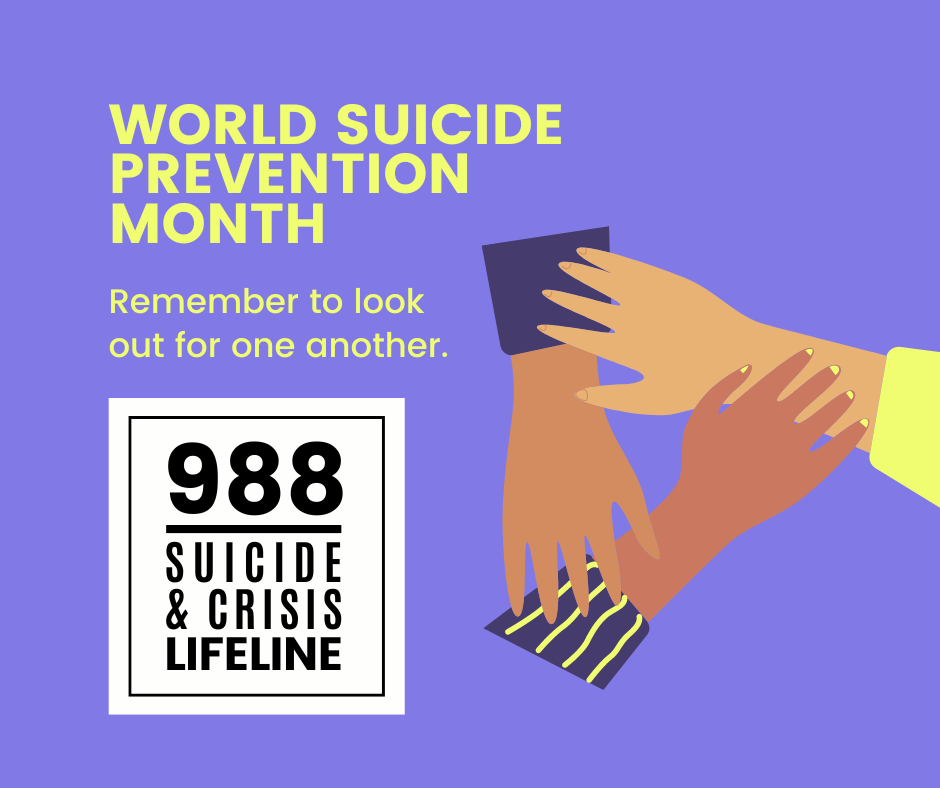As the upcoming election approaches, many of us are bracing for what promises to be a contentious and emotionally charged time. Racial tensions, uncertainty, and constant news coverage can lead to a heightened sense of stress and anxiety. For many, election-related stress isn’t about feelings; understanding how mental stress during this time affects your well-being is crucial, as is learning how to protect yourself from its adverse effects.
The Mental Toll of Political Uncertainty
Election seasons often bring instability and division. This year’s high stakes are constantly political, especially when opposing viewpoints leave many feeling overwhelmed and anxious. For the black community, the political stakes feel intensely personal. We may witness the first black woman elected as president. Core issues like healthcare, civil rights, and economic stability are on the line, leading to emotional exhaustion.
Social media often amplifies stressors, exposing us to constant political opinions and divisive content. Exposure to political tension can wear down our mental health, making us irritable, anxious, depressed, and difficulty concentrating.
The Physical Effects of Election Stress
Stress triggers cortisol release, leading to a “fight or flight” response. Chronic stress weakens the immune system, disrupts sleep, and can lead to weight gain and health issues. High stress can lead to heart problems, elevated blood pressure, and tension headaches, often making it a challenge to stick to wellness routines like regular exercise, healthy eating, and mindfulness practices, further impacting health.
Coping with Election Stress
As we wind down from this overwhelming political season and its tensions, it’s essential to prioritize your mental and physical well-being.
Here are some strategies to help cope during this year’s election:
Practice Mindfulness: One of the best ways to counteract stress is with mindfulness practices such as meditation, deep breathing, or yoga. They can help you stay grounded and reduce the mental clutter caused by political overload, giving you a sense of control in a chaotic time.
Limit Exposure: Set boundaries for how much news or social media you consume. Constant exposure to political content has probably heightened anxiety, so it’s essential to take breaks and focus on other areas of your life.
Self-Care: Engage in self-care activities for relaxation and balance. Take a walk in nature, spend time with loved ones, or enjoy a hobby. Make time for things that nourish your mind and body.
Focus on What You Can Control: Elections can feel overwhelming because much of the outcome is beyond your control. Focus on what you can control—such as voting, educating yourself on the issues, and engaging in civil discussions—while letting go of the rest.
Stay Connected: Surround yourself with a supportive community of friends or family who share your values or can offer emotional support during this stressful time. Sharing your concerns and experiences with others can ease feelings of isolation.
Building Resilience for the Long Term
The election stress will soon be over. Regardless of the outcome, focus on gratitude, maintain a positive perspective, and care for your mental and physical health. Your well-being matters, so safeguard it during this time. Establishing healthy habits now will help you handle stressful situations in the future. Stay informed, engaged, and well. It’s almost over!
By Melesha Bailey
UniteNews Contributing Writer
Follow on Instagram: @Love4LifeWellness
email: melesha@loveforlifewellness.com





